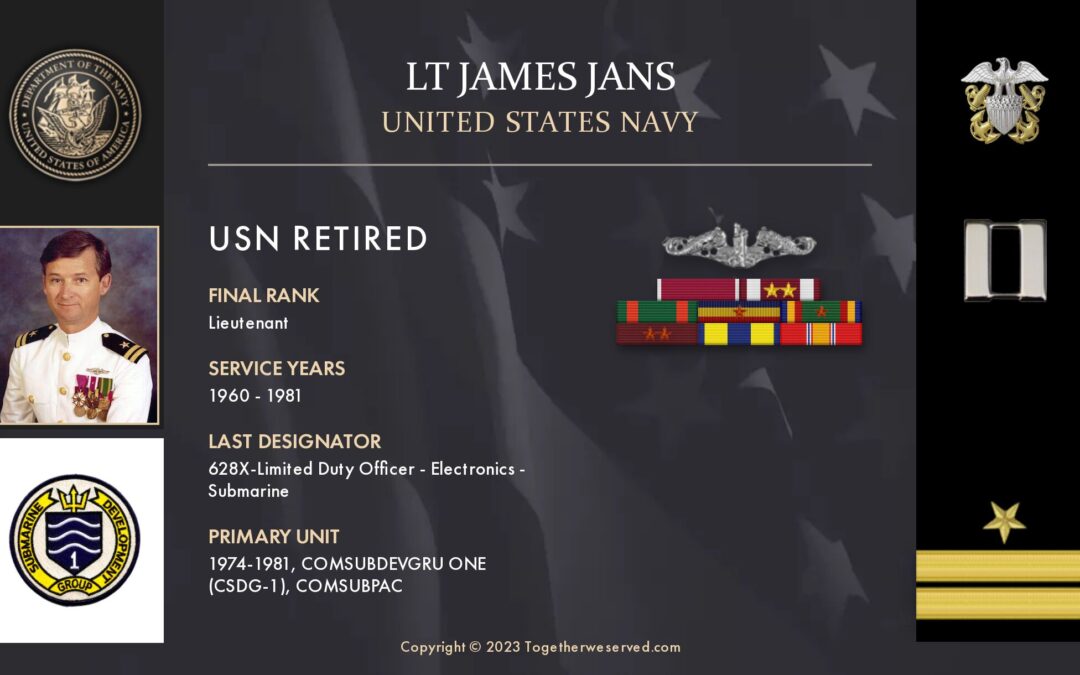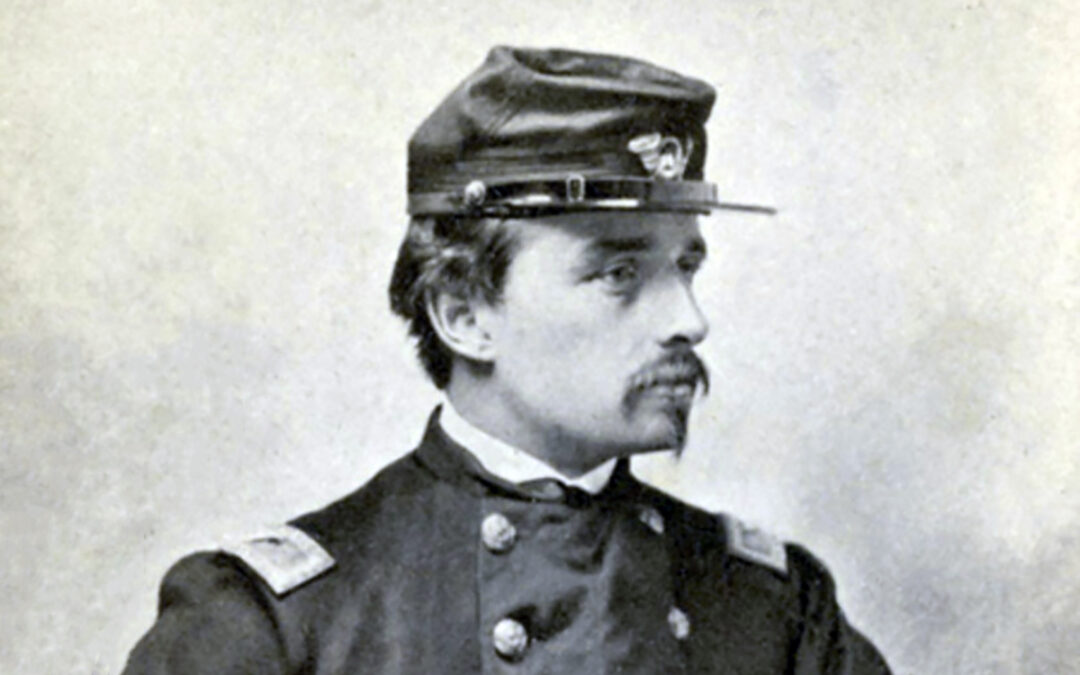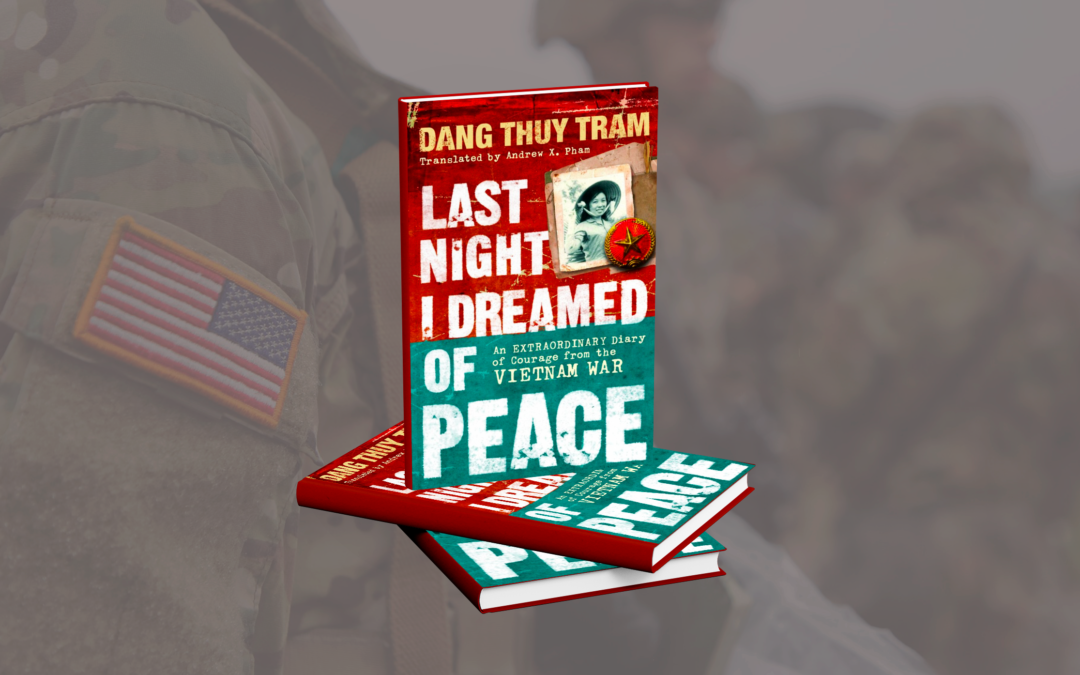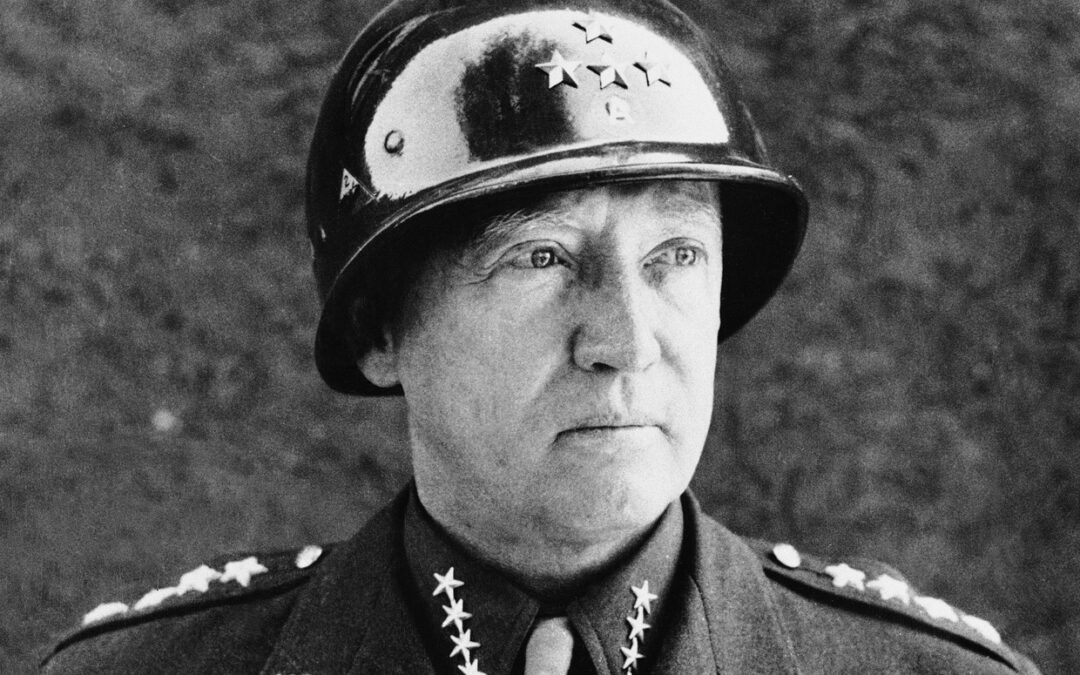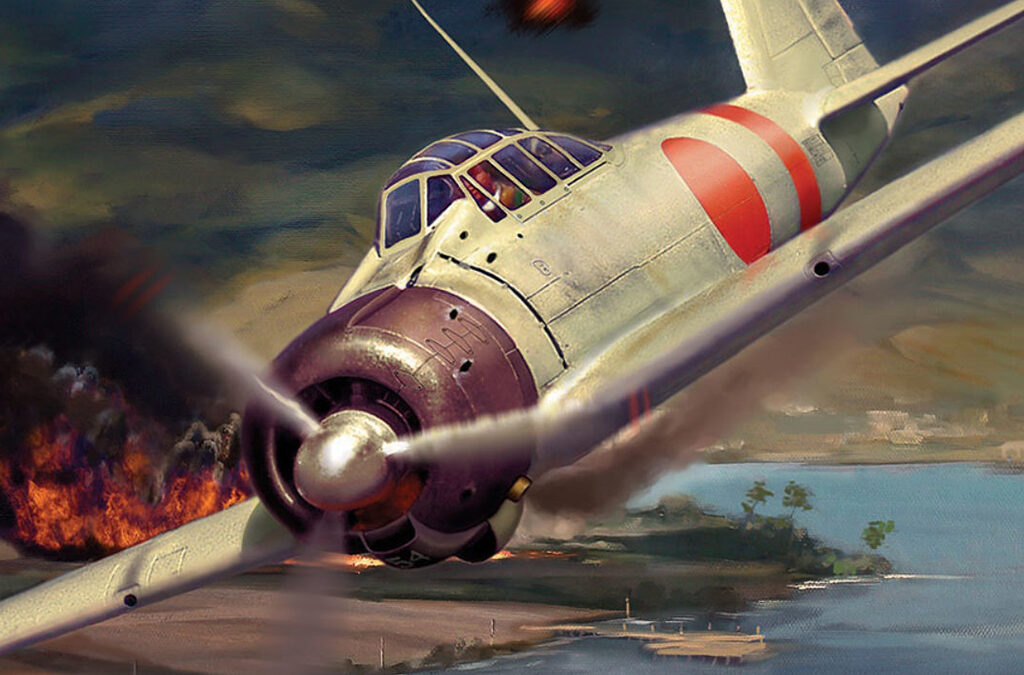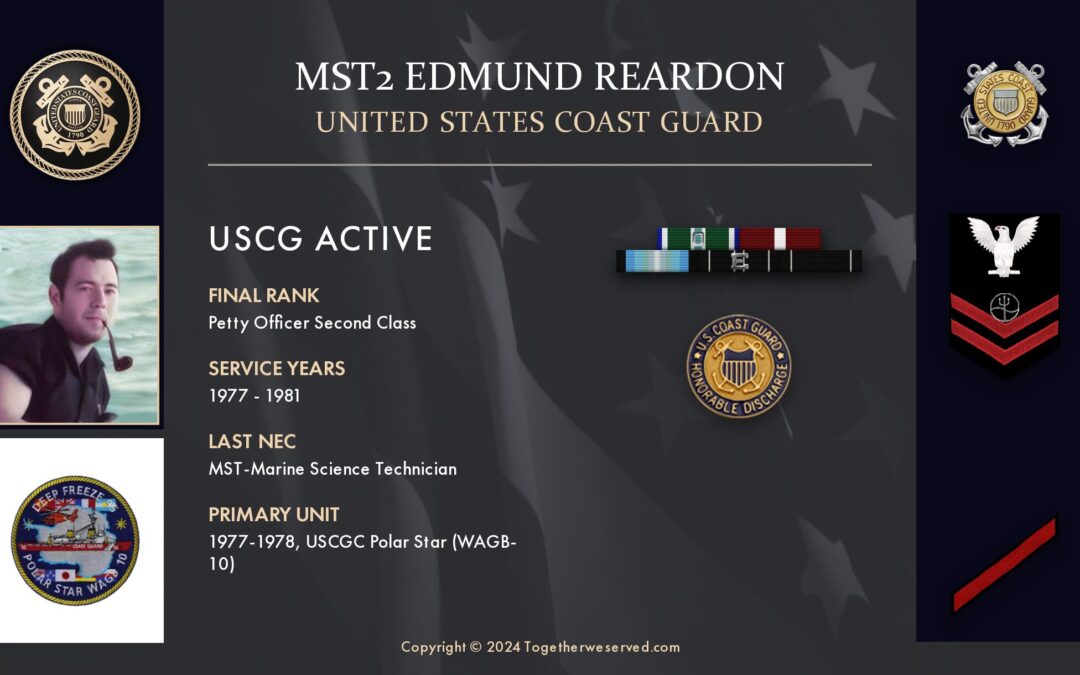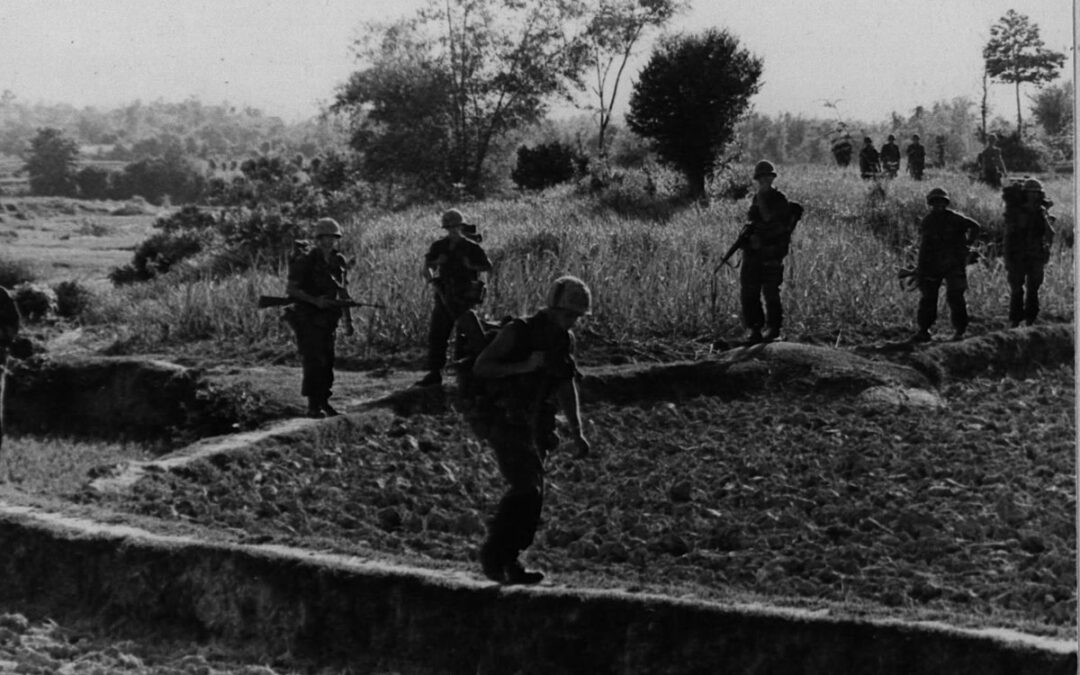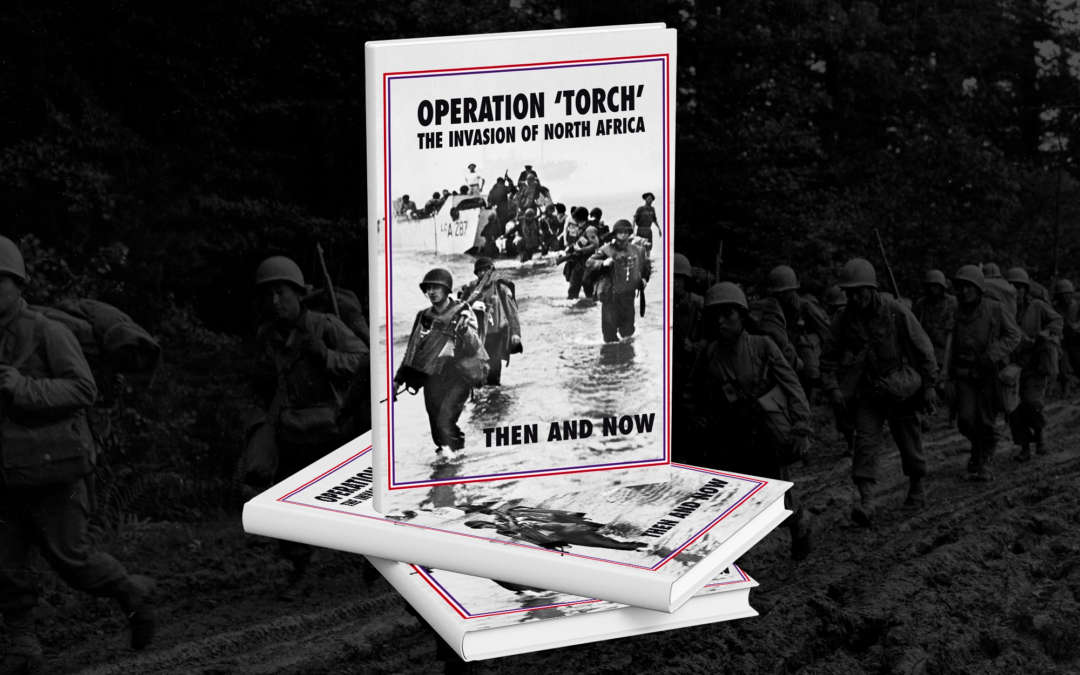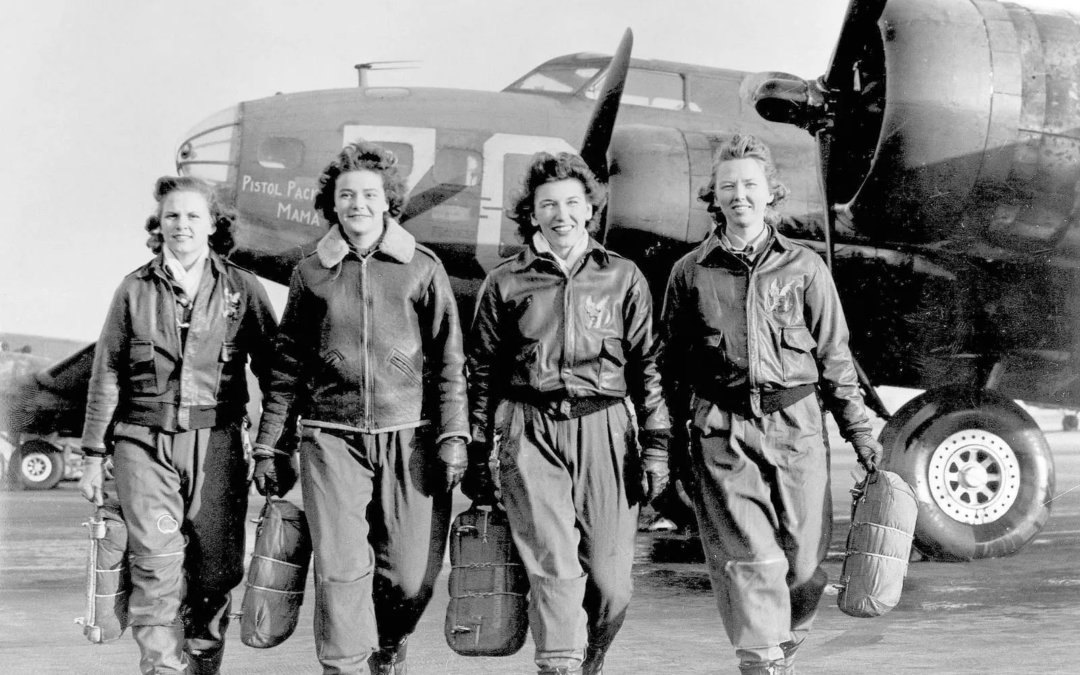Run Through the Jungle is a first-hand account of the combat in South Vietnam, as experienced by Larry Musson and other members of the 173rd Airborne Brigade. A riveting tale, this book is narrated by an equally compelling man. A man who found joy in writing at a young age and used said joy to give us a detailed page-turner in Run Through the Jungle. Larry Musson, no doubt a hero in the minds of many, was born in Shelbyville, Illinois. He grew up in Elwood and was a member of the class of '67 of Joliet East High School. A couple of years later, after a year of junior college, the author volunteered for airborne training and finished Jump School at Fort Benning, Georgia. This is where he received his orders for the 173rd Airborne Brigade to serve in the Republic of South Vietnam - the place that would ultimately provide the inspiration for this captivating book. The stories from Run Through the Jungle are true accounts of what Larry and other members of his Airborne company went...

